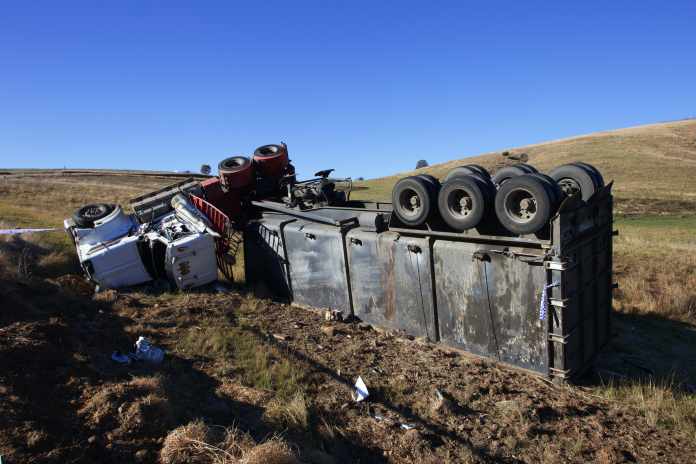There are many similarities between car and truck accidents, such as the common causes and potential injuries. But overall, there are also some dramatic differences, especially in the aftermath and how victims can pursue compensation. Below, a Bremen truck accident lawyer explains some of the primary differences in Truck Accident Cases.
Differences Between Car and Truck Accidents
Let’s take a look at some of the primary differences between car and truck accidents and resulting legal cases.
Causes of the Accident
Car accidents are most often caused by driver error. While most truck accidents also involve human error, there are many accidents that involve factors like truck maintenance and cargo.
Parties Involved
In a car accident, there are usually drivers and passengers involved in the case. Sometimes there are witnesses as well. In truck accidents, there may be other parties involved who are liable, such as the trucking company, truck owner, or warehouse that loaded the cargo.
Legal Teams
If you are injured in an accident involving another driver, you and that driver have the option of hiring a personal injury lawyer. In truck accident cases, however, the trucking company likely has a large legal team prepared to fight your claims. This can make it difficult for you to get compensation after an injury.
Injuries in Accidents
Car and truck accidents can definitely cause similar types of injuries, though truck accidents are more likely to be catastrophic or fatal. Generally, both types of accident can cause injuries including:
- Broken Bones
- Burns
- Whiplash
- Nerve Damage
- Head and Face Injuries
- Traumatic Brain Injuries (TBI)
- Lacerations
- Spinal Cord Injuries
- Internal Bleeding
- Organ Damage
Filing a Truck Accident Claim
Another thing that differs between car and truck accidents is how personal injury claims are filed. With car accident cases, you want to gather evidence to support your claim. That may include photos, accident reports, and traffic camera footage. But with a truck accident, there is much more evidence that needs to be gathered.
Truck accident claims often involve evidence including:
- Truck Driver Logs: Drivers are required to keep a log of their hours and rest times. If the driver exceeded the hours-of-service limits, it could be evidence they were too drowsy to drive safely.
- Toxicology Results: Truck drivers are often required to submit to alcohol and drug screening after an accident, especially if there were injuries or deaths. A toxicology screen will show if the truck driver was under the influence of alcohol or drugs at the time of the accident.
- Employment/Driving Records: A truck driver’s driving record and employment log can help establish if there is a pattern of bad driving behavior. If the driver has a history of crashes or bad behavior, it could bolster your evidence that they were at fault.
- Truck Inspection/Maintenance Reports: Since adequate maintenance is important for trucks and truck drivers, it is important to consider whether mechanical failure lead to an accident. The truck’s inspection and maintenance reports can help establish if there were problems with the truck or gear, or if the truck is using recalled parts.
- Load Manifest: Trucks and trailers have capacity ratings that should not be exceeded. Cargo that is too heavy or improperly secured is a serious hazard for other drivers. Looking at the load manifest and comparing it to the truck post-accident can determine if there were errors or improperly loaded cargo.
Conclusion
As you can see, there are some important differences between car and truck accidents. The primary differences are in the severity of the accident and how the aftermath of the accident is handled. It is important to remember that truck accidents are more complicated, which may impact your decision to contact a truck accident lawyer.
















